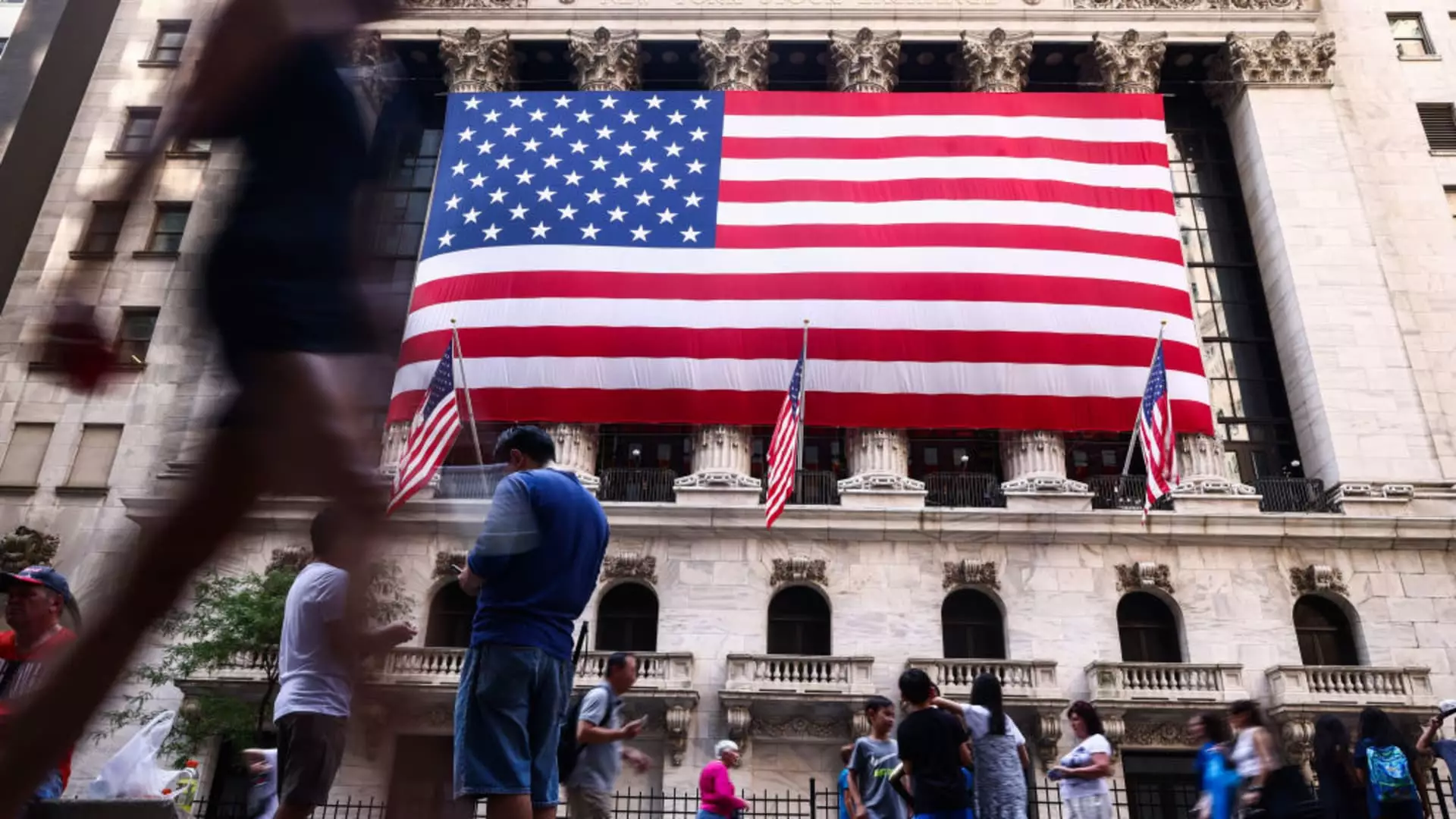As the U.S. presidential election approaches, professional investors are emphasizing the importance of diversification in their portfolios. The stock market has seen significant growth this year, reaching all-time highs, despite uncertainties surrounding interest rates and election-related risks. To better understand how investors should position their assets, three Wall Street professionals shared their insights on the best strategies to adopt in the upcoming weeks.
Mike Bailey of FBB Capital Partners highlighted the potential impact of tax cuts on equity markets should former President Donald Trump win the election. He stressed the significance of diversification across asset classes to hedge against higher tax rates, as they could lead to downside in the equity market. Bailey suggested considering extreme outcomes of the election, such as renewable energy stocks benefiting from an all-blue sweep, while a red wave might favor oil and gas companies, banks, and pharmaceutical stocks. By diversifying portfolios, investors can mitigate risks associated with potential tax rate changes.
John Davi, Chief Investment Officer at Astoria Portfolio Advisors, pointed out that the interest rate cycle could have a more lasting impact than the election results. He advised investors to focus on rotation out of growth assets, particularly the “Mag Seven,” in anticipation of potential rate cuts by the Federal Reserve. According to Davi, choosing the right entry point into stocks is crucial, given the attractiveness of the broader U.S. market outside of the Magnificent Seven. Additionally, he emphasized the importance of considering emerging market assets, such as China and Mexico, depending on how the election unfolds.
Komal Sri-Kumar, the president of Sri-Kumar Global Strategies, echoed Davi’s sentiments regarding the importance of diversification away from the Magnificent Seven stocks leading up to the election. With the stock market and company valuations being stretched, investors must exercise caution and prioritize value during this volatile period. Sri-Kumar also highlighted the increased risk of a credit event, whether in the form of a banking crisis or a commercial real estate crisis, which could present challenges for the markets. As geopolitical risks rise, diversification remains a crucial strategy for investors to navigate the uncertainties surrounding the election.
With the November presidential election looming, investors must adopt a diversified approach to protect their portfolios against potential risks and uncertainties. By considering different election outcomes, rotating out of overvalued assets, and focusing on value, investors can position themselves effectively to weather the market volatility leading up to and following the election. Diversification across asset classes, regions, and sectors will be key to building a resilient investment portfolio in the face of changing market dynamics and geopolitical uncertainties.

